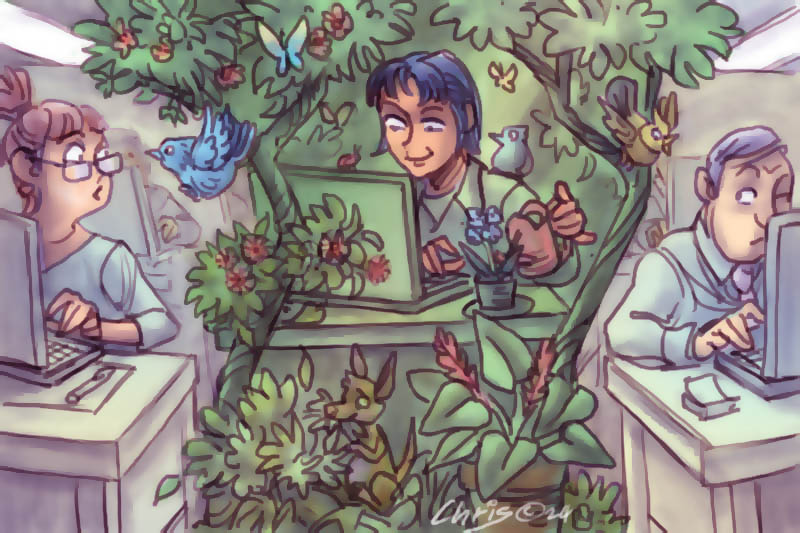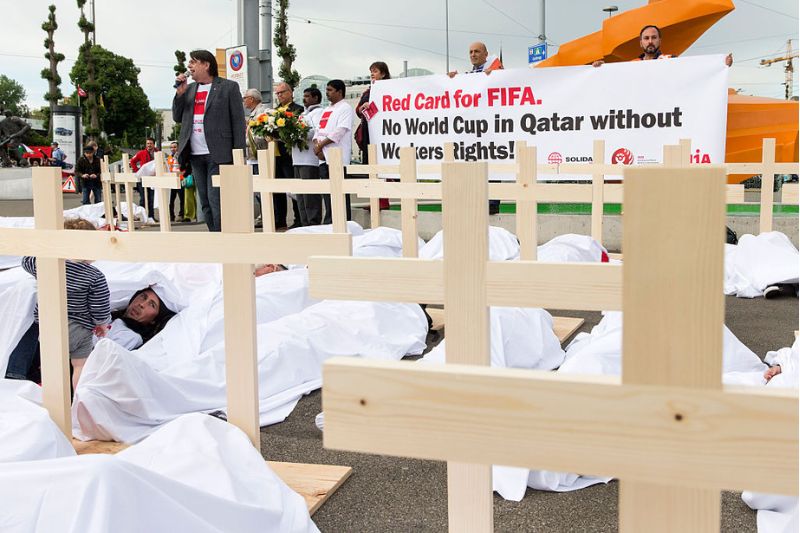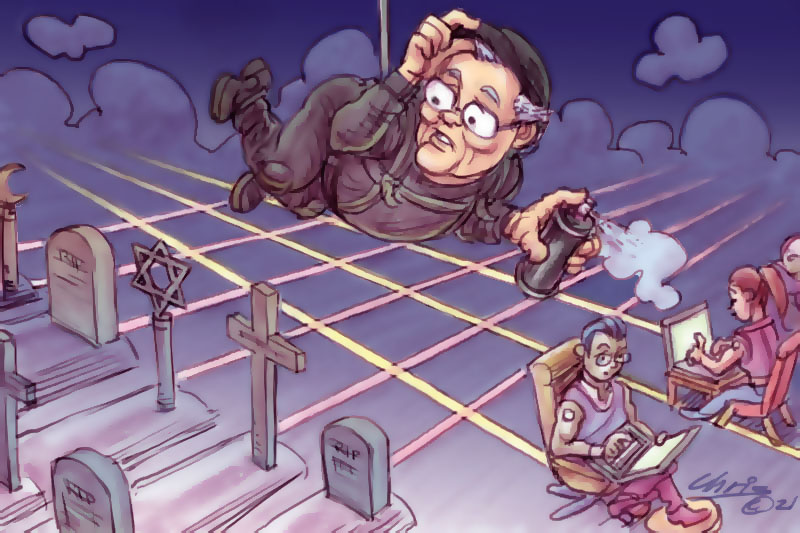Keywords: Migrant Workers
There are more than 24 results, only the first 24 are displayed here.
Become a subscriber for more search results.
-

INTERNATIONAL
- Anonymous
- 20 February 2025
Myanmar’s military-led turmoil drives millions from their homes, bombs local communities, and keeps democracy icon Aung San Suu Kyi behind bars. Once a nation of proud heritage and abundant resources, it now teeters on social and economic collapse. Our deep dive examines an enduring crisis and the determination powering an urgent call for change.
READ MORE
-

AUSTRALIA
- Andreana Reale
- 18 March 2024
2 Comments
In today's 24/7 Grind Culture, rest has become rare. Rebuilding a healthy culture of rest will involve supporting workers with decent wages, campaigning against companies that exploit employees, and investigating supply chains that use slavery and exploited labour to produce their products.
READ MORE
-

AUSTRALIA
- Kerry Murphy
- 04 January 2024
Throughout recent decades of Australian history, the stance every government has taken on asylum seekers has reflected the shifting political landscapes and challenging humanitarian issues that have continually shaped Australia's response to those seeking refuge.
READ MORE 
-

AUSTRALIA
- Kerry Murphy
- 28 July 2023
How has Australia's asylum seeker policy changed over the past thirty years? The approach of every government has reflected the shifting political landscapes and challenging humanitarian issues that have continually shaped Australia's response to those seeking refuge.
READ MORE 
-

AUSTRALIA
- Melissa Halliday
- 13 July 2023
4 Comments
A Global Slavery Index report found the number of people living in modern slavery in Australia had more than doubled in the past four years. As incidents rise, so too does the nation's response, evidenced by an increase in reported cases and government funding.
READ MORE
-

AUSTRALIA
- David Halliday
- 19 May 2023
In a conversation with Eureka Street, investigative journalist Nick McKenzie explores the drivers of human trafficking and sex slavery, examining the intertwined roles of law enforcement, the sex industry, and the migration sector in one of the most pressing social justice issues of our time.
READ MORE 
-

AUSTRALIA
- Andrew Hamilton
- 08 December 2022
Once protests would have found expression in powerfully argued and persuasively delivered speeches. Now people look less to the power and skill of the words and more to the gestures in which they are embodied. This precedence given to performative language over deliberative language deserves reflection.
READ MORE 
-

AUSTRALIA
- Michael McVeigh
- 05 December 2022
1 Comment
I certainly don’t blame anyone for ignoring or boycotting the World Cup; there are plenty of reasons for doing so. But despite efforts of people behind the scenes to focus attention solely on the pitch, if you do pay attention, there are human stories on display, worth your time.
READ MORE 
-

AUSTRALIA
- Binoy Kampmark
- 24 November 2022
5 Comments
LIV Golf chief executive officer Greg Norman, financed by the pockets of the House of Saud via Saudi Arabia’s sovereign wealth fund, continues the corporate march across the putting greens of the planet. Complementing the Saudi Kingdom’s funding, South Australia's Major Events Fund is contributing $40 million and in doing so, Premier Malinauskas has linked his government with a regime with a notorious human rights record.
READ MORE 
-

INTERNATIONAL
- Binoy Kampmark
- 25 October 2022
2 Comments
With the likes of David Beckham and Tim Cahill openly supporting the FIFA Men's World Cup in Qatar next month, what of those troubled sporting figures wishing to take an ethical, moral stand against a tournament’s organisers? To that end, a new, disingenuous form of protest has emerged, one of virtuous self-promotion that eschews substantive effect.
READ MORE 
-

AUSTRALIA
- Tim Dunlop
- 15 November 2021
8 Comments
The experience of the Covid-19 pandemic has been like the aerosol used in those heist movies, where the cat burglar breaks into the museum and sprays the air to reveal the invisible lines of power that criss-cross the space between the door and cabinet where the treasure is kept.
READ MORE 
-

AUSTRALIA
- Andrew Hamilton
- 04 November 2021
13 Comments
In large organisations love hardly rates a mention. Mission statements highlight care, duty, responsibility and friendliness, but not love. Love is generally seen as an interrupter, combustible, something to fence in with protocols and professional standards, and for HR to monitor. When Pope Benedict XVI devoted an Encyclical to the place of love in public relationships, people were surprised. His argument is worth revisiting.
READ MORE 